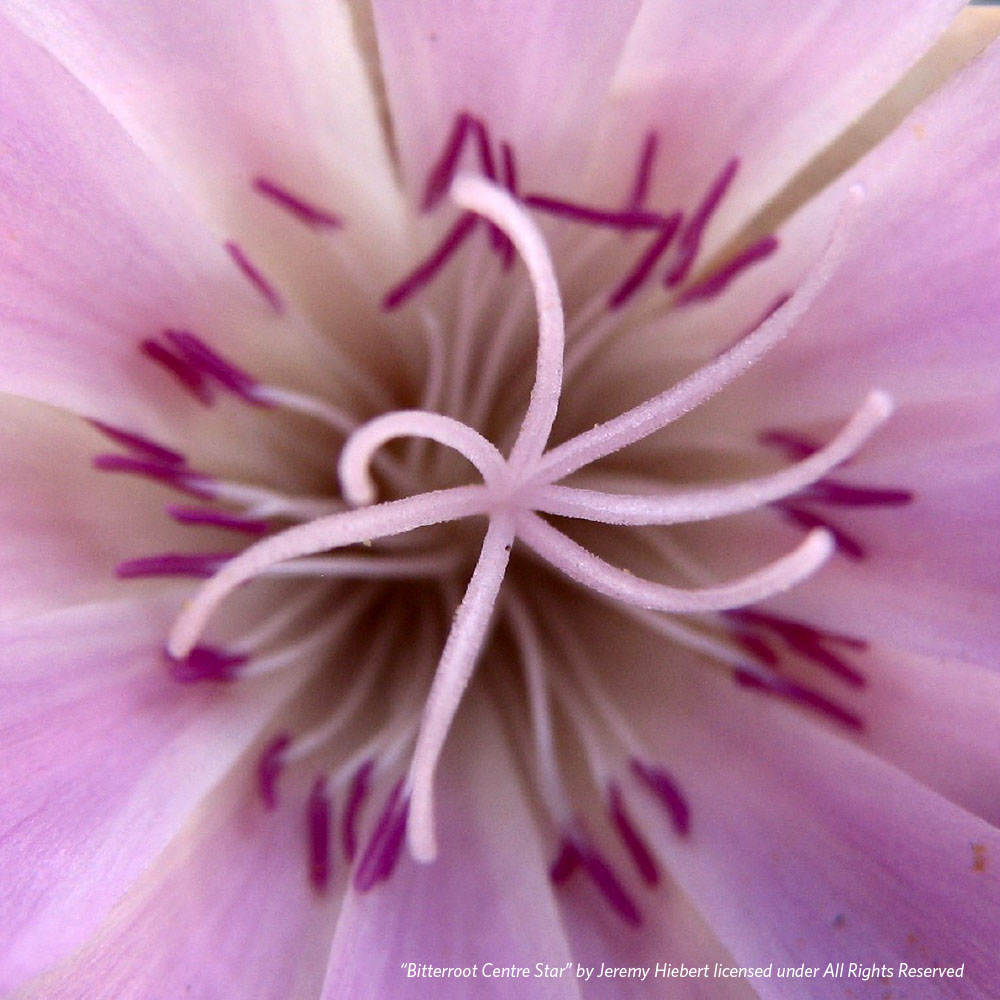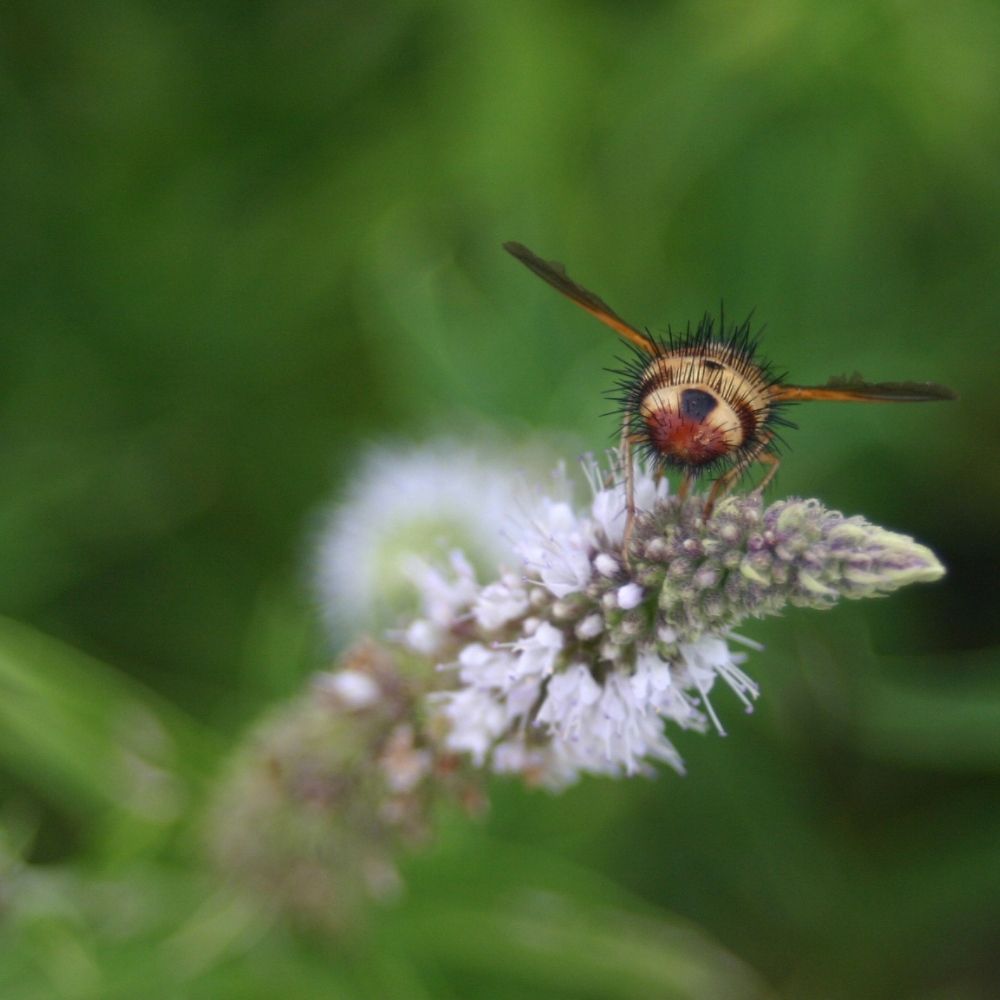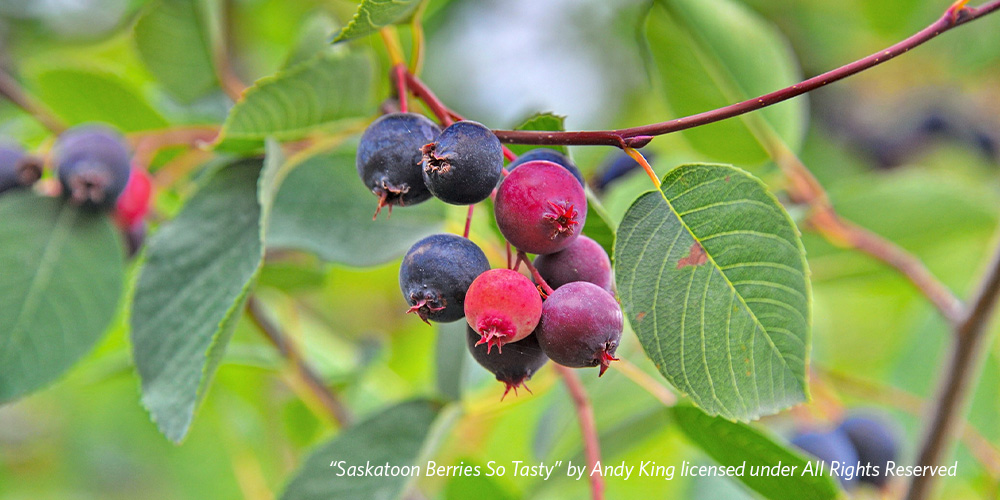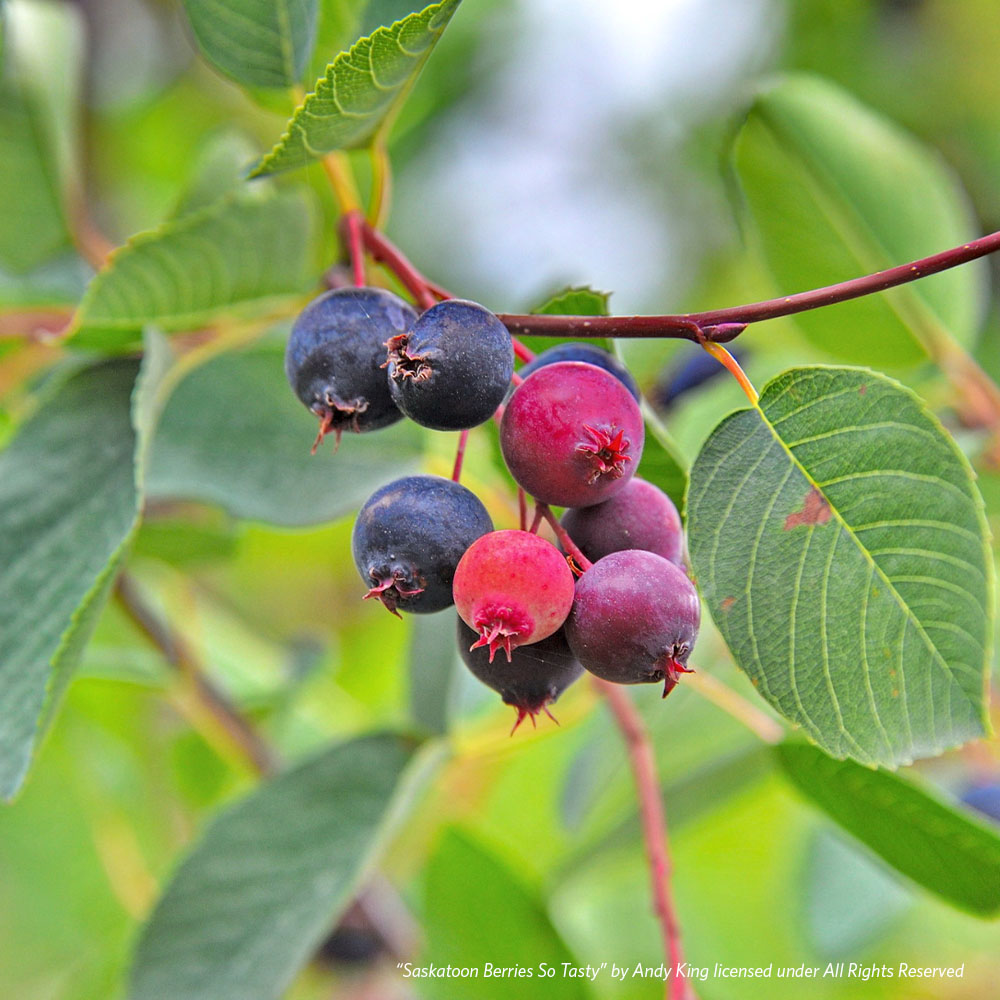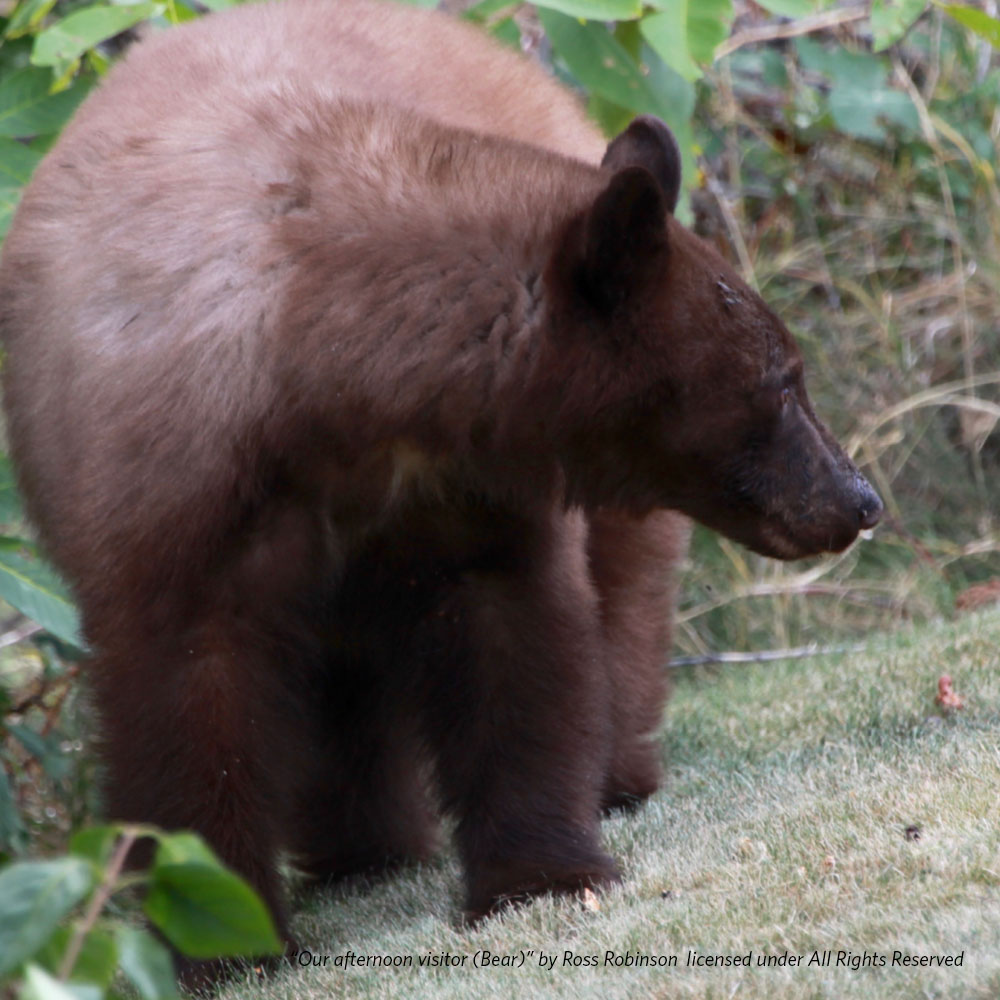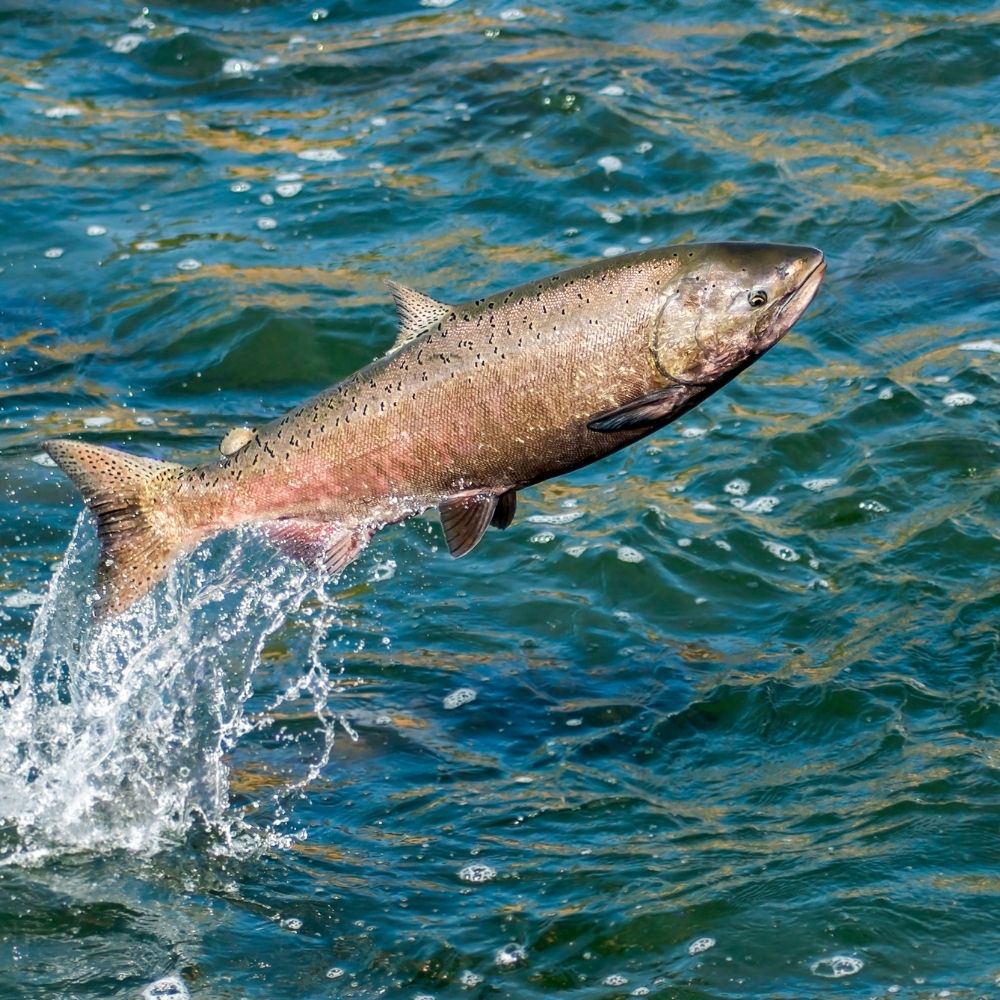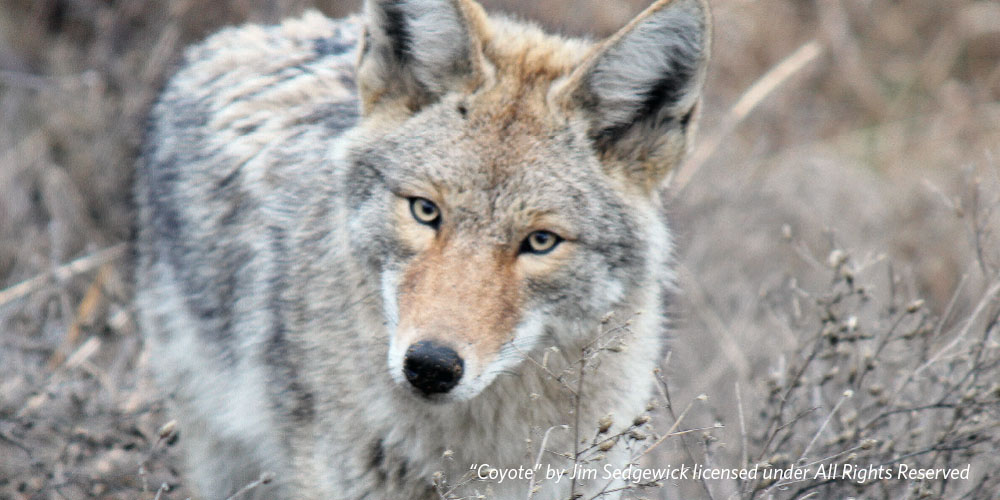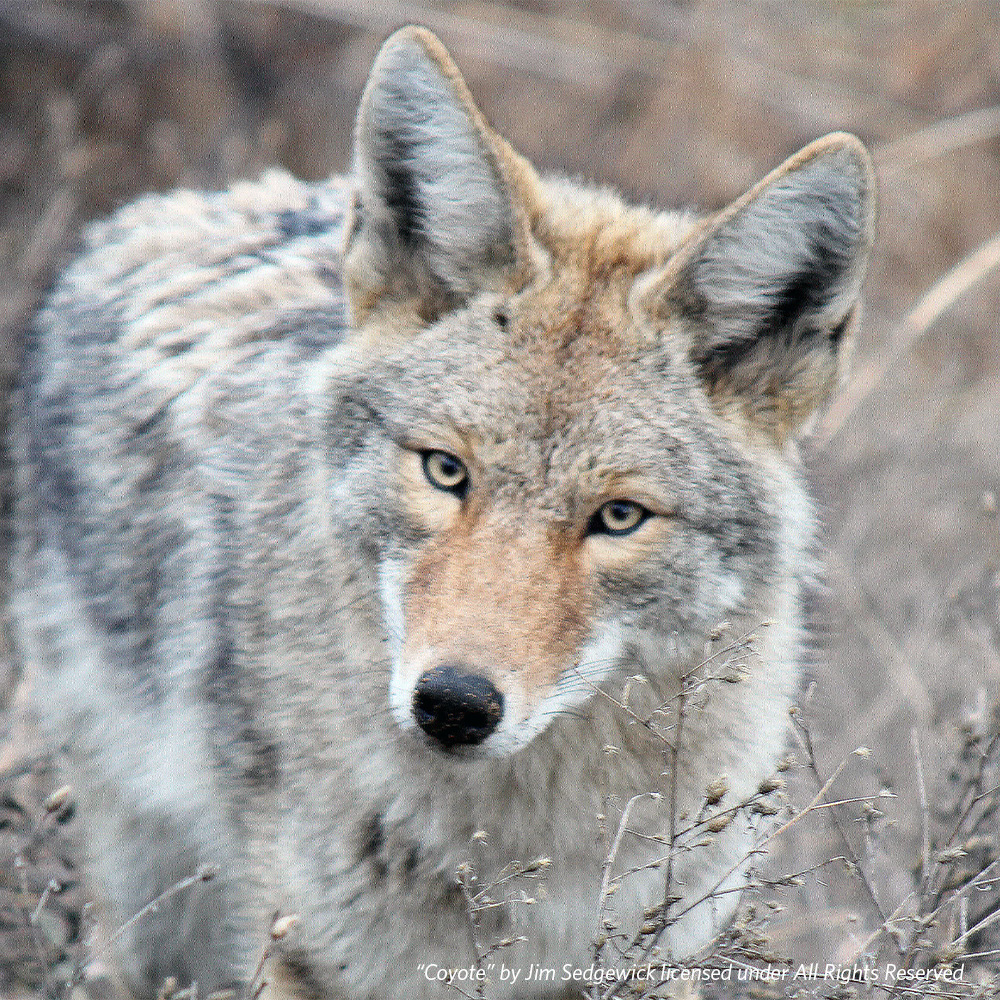Co-Curricular-Making Resources

The purpose of this curricular site is to enhance educators’ professional knowledge and capacities towards curricular Indigenization. All materials and resources included on this site are publicly available.
We draw your attention to the Memorandum of Understanding on Educational Cooperation and Programming between UBC Okanagan and Okanagan Nation Alliance; and the Community Research Agreement between Okanagan Nation Alliance and Okanagan School of Education.
These agreements honor Indigenous Intellectual Property understood as Indigenous cultural information, knowledge, uses, and practices unique to the Community’s ways of life, maintained and established over Indigenous homelands and areas since time immemorial.
It is recognized that ONA is the governing body of the Syilx (Okanagan people) who have been the traditional territory holders of Okanagan lands from time immemorial. As the Syilx are the local territory holders, the ONA have asserted their responsibility for the well-being of Syilx people along with other diverse Indigenous peoples living on their traditional lands. It is expected that the principles of ownership, control, access and possession of Indigenous intellectual property will be respected.
Welcome to the Land
Elders Pamela and Grouse Barnes are Syilx educators and Knowledge Keepers from Westbank First Nation. Their work is dedicated to preserving the Syilx language—nsyilxcen—, knowledge, and culture. Pamela graduated from UVic in 1993 with studies in Aboriginal government, and is one of the founders of Sensisyusten School. She works with several boards and groups locally. Both Pamela and Grouse are adjunct professors with the UBC School of Nursing, teaching cultural sensitivity training. Grouse is a fluent nsyilxcen speaker. He attended the En’owkin Centre where he learned to read and write in the oral language, toward becoming an educator. He is a spiritual care provider in the community and serves in various capacities throughout Okanagan Nation. Pamela and Grouse are both Okanagan College Honorary Fellows.
Land Acknowledgement
We respectfully acknowledge that the land on which we gather is the unceded territory of the Syilx (Okanagan) Peoples.
kʷu ɬə c̕uləl’uʔs iʔ l təmxʷulaʔxʷs iʔ syilx tali əc haʔ stim aɬiʔ əc mistim axaʔ iʔ təmxʷulaʔxʷselx lut pənkin̓ k̕l swit t̕ə xʷic̕xmselx
Think for a moment what your own land acknowledgment means. “We/I respectfully acknowledge” is about the relationship that we continuously build between people of settler ancestry or people of immigrant families, and the original local Syilx People of this land. The “unceded territory” means “unsold land”. Effectively, after over 10,000 years of caring for and living in reciprocity with the land and all of the life forms of the land, within just over 100 years, white European settlers stole the land and upset the delicate balance of all, putting the critical biodiversity of all of nature at high risk.
On entering this space, please be mindful of the local Syilx history & knowledge.
In this video, Syilx Scholar, Dr. Bill Cohen, tells the story of Snk’lip (Coyote) and Eagle, a story of Syilx Captikʷɬ in which Fox breathes life back into Snk’lip. May you find empowerment in the teachings where Fox ‘gathers the bits’ in a way not unlike ‘picking up the pieces’ of the Witness Blanket. Such Ways of being provide hope for transformation.
To prepare yourself to learn alongside your students
With the Four Food Chiefs learnings of the Syilx Okanagan People, the following six agreements find their place, sitting with a Chief or a transformational figure of Syilx Knowledge. The following resources are both provocations and learning support material for yourself.
To access resources for your students, please visit your local school district space for material that has been vetted for the delicate nature of this learning. The Central Okanagan School District has developed a website dedicated to Indigenizing Curriculum.
To experience the Witness Blanket, there are some fundamental Local agreements derived from Syilx Knowledge and Indigenous Methodologies as shared in the Syilx and Settler Pedagogy Circles (2021 – 2022), to understand and engage in:
Colonization involves multiple layers of structures embedded in our society. These structures continue to be policy-driven, and continue to be allowed to flourish within a certain worldview which does not challenge these policies, practices and structures. The Indian Residential School system set the conditions to allow for colonization to take a firm hold in the country we call Canada. It set the conditions for a longer term, unsafe space for Indigenous Peoples to live their lives—ironically, on land that is their own. In the child welfare system, schools, health care, and the justice system . . . spaces are not safe. By 2016, the legacy of Residential Schools left the Registered Indian Population of this vast part of Turtle Island ranked as 52nd on the Human Development Index of the UN Development Program, while the general Canadian settler population ranked 12th. Even more telling, the on-reserve Registered Indian Population ranked 72nd in 2016.
Bits of knowledge and wisdom for this webpage are there to support learning as each human being connects with the learning, connects with others, and builds their own web of understanding.
Contextual pieces found within each agreement include a “zoomed-in view” here on the territory of the Syilx Okanagan Nation, as well as a broader view of the Witness Blanket and its meaning across Turtle Island:
- We must always begin with an acknowledgment that this story begins here, on the Syilx Okanagan Nation territory.
- We must always be mindful of seeing first through the lens of the Syilx, foregrounding the Syilx voice.
Community Research Agreement with Okanagan Nation Alliance
Co-Curricular-Making – Honoring Indigenous Connections to Land, Culture, and the Relational Self
May 2020
Based on the principles of communication, honesty, transparency, trust
Rights & Responsibilities: Indigenous Intellectual Property is understood as Indigenous cultural information, knowledge uses, and practices unique to the Community’s ways of life maintained and established over Indigenous homelands and areas since time immemorial. This knowledge is based upon millennia of observation, habitation, and experience, and is a communal right held by the Community and in some instances by individuals.
For more on the Community Research Agreement, please contact:
Dr. Margaret Macintyre Latta
Okanagan School of Education, Director
margaret.macintryre.latta@ubc.ca
Pauline Terbasket
Okanagan Nation Alliance, Executive Director
onareception@syilx.org
Conclusion & References
“Remember: Colonization did not only happen to the Indigenous peoples.” – Dr. Bill Cohen (2021), Okanagan School of Education, Assistant Professor
“We must ask ourselves, what kind of ancestors do we want to be? When our children, nieces and nephews look back upon us, what do we want them to see?” —Pauline Terbasket, Okanagan Nation Alliance, Director
Armstrong, Jeanette, (2009) Constructing Indigeneity: Syilx Okanagan Oraliture and tmixw centrism, PhD Thesis. online at http://d-nb.info/1027188737/34
Barnes, Pamela (2021, May – 2022, January), On-going Elder teachings through the Syilx & Settler Pedagogy Circle, and and Co-Curricular-Making: Honouring Indigenous Connections to Land, Culture, and the Relational Self.
Battiste, M., Bouvier, R., & EBSCOhost. (2013). Decolonizing education: Nourishing the learning spirit. Vancouver: UBC Press.
Cohen, Bill (2020, 2021, 2022). Teachings of Coyote Stories, kʷu ʔúllus sessions, and teachings through the Syilx & Settler Pedagogy Circle, and Co-Curricular-Making: Honouring Indigenous Connections to Land, Culture, and the Relational Self.
Cohen, Bill. School Failed Coyote so Fox Made a New School: Indigenous Okanagan Knowledge Transforms Educational Pedagogy. PhD Thesis 2010. Chapter 1 p. 30-53, Chapter 3 online at https://circle.ubc.ca/handle/2429/30469
Ermine, W., & desLibris – Documents. (2005). Kwayask itôtamowin: Indigenous research ethics. Indigenous Peoples’ Health Research Centre.
Newman, C., Hudson, K.. (2019). Picking up the pieces: Residential school memories and the making of the witness blanket. Orca Book Publishers.
Sam, Marlowe Gregory, (2013) Oral narratives, customary laws and indigenous water rights in Canada. PhD Thesis online at https://open.library.ubc.ca/cIRcle/collections/ubctheses/24/items/1.0074307
Lecoy, Denise (2021)
Terbasket, Kelly (2021, 2022). Teachings through IndigenEYEZ, and and Co-Curricular-Making: Honouring Indigenous Connections to Land, Culture, and the Relational Self.
Terbasket, Pauline (2021, 2022). Teachings through Water . . . & Syilx & Settler Pedagogy Circles, and Co-Curricular-Making: Honouring Indigenous Connections to Land, Culture, and the Relational Self.
Truth and Reconciliation Commission of Canada (2015). Final report of the truth and reconciliation commission of canada: Volume one, summary : Honouring the truth, reconciling for the future ([Second printing]. ed.). Toronto: James Lorimer & Company Ltd., Publishers.
Kou-Skelough/We are the People: A Trilogy of Okanagan Legends. Penticton: Theytus, 2004.
“Bitterroot Centre Star” by Jeremy Hiebert licensed under All Rights Reserved. Retrieved from Flickr with permission.
“Our afternoon visitor (Bear)” by Ross Robinson licensed under All Rights Reserved. Retrieved from Flickr with permission.
“Coyote” by Jim Sedgewick licensed under All Rights Reserved. Retrieved from Flickr with permission.
“Saskatoon Berries So Tasty” by Andy King licensed under All Rights Reserved. Retrieved from Flickr with permission.
